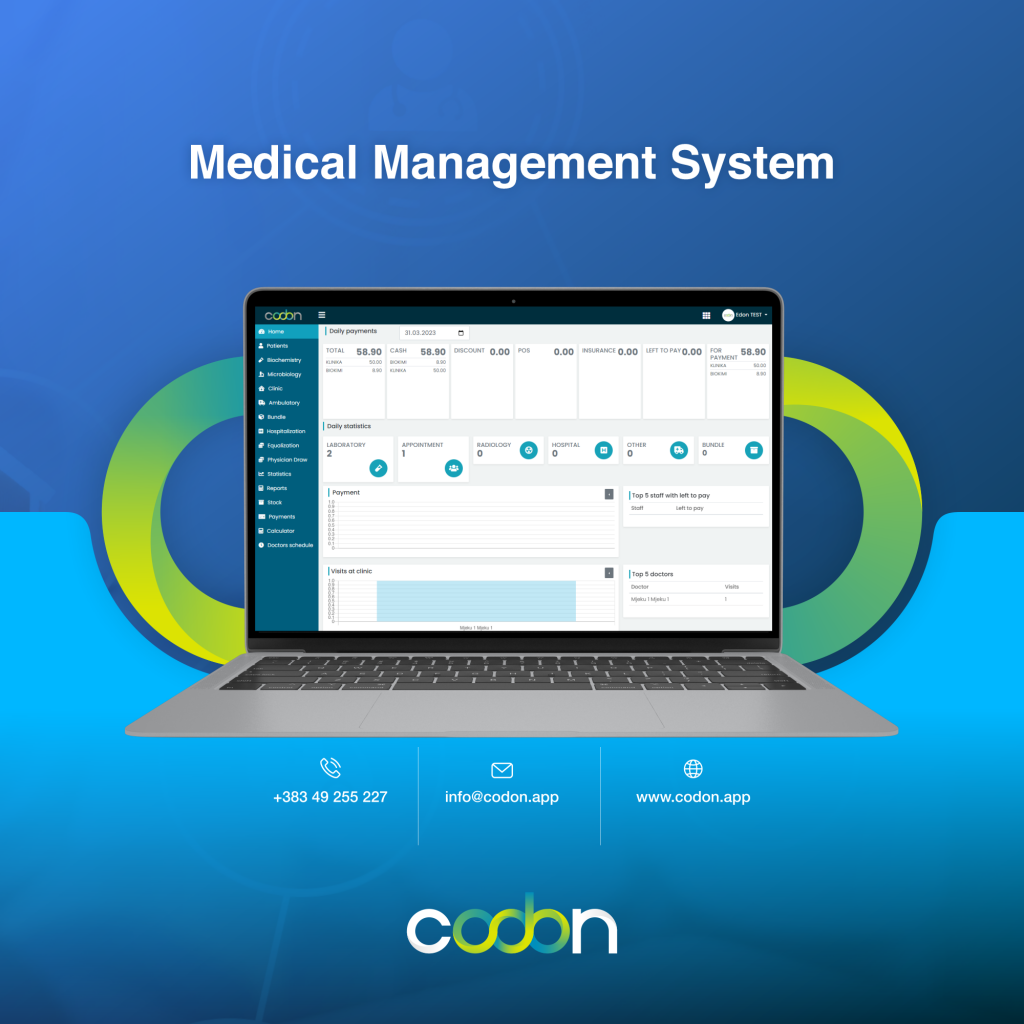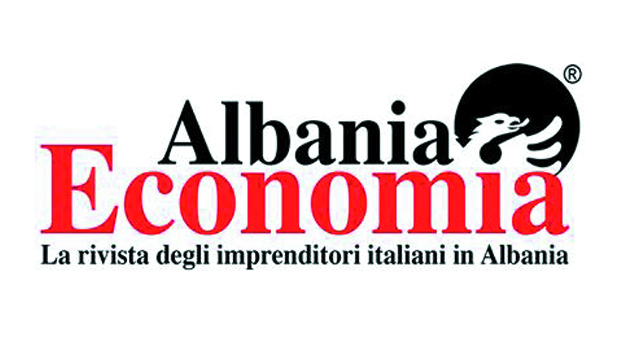In this interview, we have the pleasure of speaking with Kushtrim Puka, the Co-founder of Codon, a SaaS application that helps healthcare institutions streamline and manage their operations more efficiently and effectively. Kushtrim shares with us his background, which includes a mix of computer science, engineering, and business management. He explains the inspiration behind Codon, which came from one of his co-founders who is an endocrinologist and witnessed the challenges healthcare institutions face in managing their daily operations. Kushtrim talks about how Codon helps healthcare institutions reduce administrative costs and errors through automation, and shares success stories of clients who have implemented Codon and have seen significant improvements in operational efficiency. He also discusses the challenges in developing and scaling Codon, and the company’s plans to expand globally and add new features such as predictive medical diagnosis.
Kushtrim, tell us about your background.
My background is a mix between the private sector and the non-profit sector. I studied entrepreneurship and business management at Rochester Institute of Technology (RIT Kosovo), and completed my masters’ studies on innovation management at Vienna University of Economics and Business (WU) in Austria. I worked with the leading companies on wholesale and retail trade, telecommunications, etc, before joining my co-founders in starting CODON.
Can you tell us more about Codon and how it came to be? What inspired you to create a SaaS application for healthcare institutions?
Codon is a SaaS application for healthcare institutions that helps them streamline and manage their operations more efficiently and effectively. The inspiration for Codon came from one of co-founders who is the leading endocrinologist in the country, and he witnessed firsthand the challenges that healthcare institutions face in managing their daily operations. We wanted to create a solution that could help healthcare providers streamline their operations and reduce costs, while also maintaining the primary focus on improving patient care and enhancing the overall patient experience.
 How does Codon help healthcare institutions reduce administrative costs and errors? Are there any case studies or success stories you can share?
How does Codon help healthcare institutions reduce administrative costs and errors? Are there any case studies or success stories you can share?
Codon helps healthcare institutions reduce administrative costs and errors by automating many of their tasks, such as scheduling appointments, managing patient data, processing laboratory results, and processing payments. This reduces the need for manual data entry and paperwork, which can lead to errors and inefficiencies. We have several success stories from healthcare institutions in Kosovo, such as prominent clinics and hospitals, that have implemented Codon and have seen an average of 30% reduction in operational costs and 55% in the time their doctors’ spent on administrative tasks. Moreover, I believe that the fact that all our clients came as a result of direct referrals from other clients speaks to their satisfaction with the product.
What has been the biggest challenge in developing and scaling Codon, and how have you overcome it?
The biggest challenge in developing and scaling Codon has been building a product that can meet the needs of a wide range of healthcare institutions while also maintaining a high level of quality and usability. To overcome this, we have focused on listening to our clients and continuously improving our product based on their feedback. Taking into account that we operate in a highly regulated industry such as healthcare, we had to make significant investments in our infrastructure and internal processes to ensure a top-tier security when it comes to patient data.
Can you share some examples of how Codon has helped healthcare institutions increase performance and save time and costs?
Codon has helped healthcare institutions increase performance and save time and costs in several ways, such as reducing wait times for patients, improving appointment scheduling and management. Our clients have reported significant improvements in patient satisfaction and operational efficiency since implementing Codon.
How do you see Codon evolving in the future? Are there any new features or services you plan to add?
We are currently working on expanding the capabilities of CODON as we’re adding machine learning and artificial intelligence, which will enable us to handle vast amounts of data sets in order to be able to offer Predictive Medical Diagnosis for our clients. This will be a game-changer as it will further reduce the time that doctors spent on administrative work by a wide margin, and the more they use – the algorithms will keep getting better and provide more accurate diagnosis.We are constantly exploring new technologies and ideas to improve our product and meet the evolving needs of the healthcare industry.
 What are your plans to launch Codon globally?
What are your plans to launch Codon globally?
We are currently in discussions with several potential partners in different countries in the region and the EU market. At this point we are talking to several potential partners in the region and other countries in order to ensure a smooth expansion, including customer support teams on every country we are present.
On March 15th, Codon participated in the WMF International Roadshow Albania and won. What was the aspect that you liked the most and what do you expect from participating in the WMF Italy in June?
 Participating in the WMF International Roadshow Albania was a great experience for us, and we were thrilled to win first place. The aspect I liked the most was being able to connect with other entrepreneurs and professionals from different industries who are passionate about building innovative solutions. We hope to have a similar experience at the WMF Italy and to continue building relationships with other partners and investors who share our vision.
Participating in the WMF International Roadshow Albania was a great experience for us, and we were thrilled to win first place. The aspect I liked the most was being able to connect with other entrepreneurs and professionals from different industries who are passionate about building innovative solutions. We hope to have a similar experience at the WMF Italy and to continue building relationships with other partners and investors who share our vision.
 Albania Economia
Albania Economia




